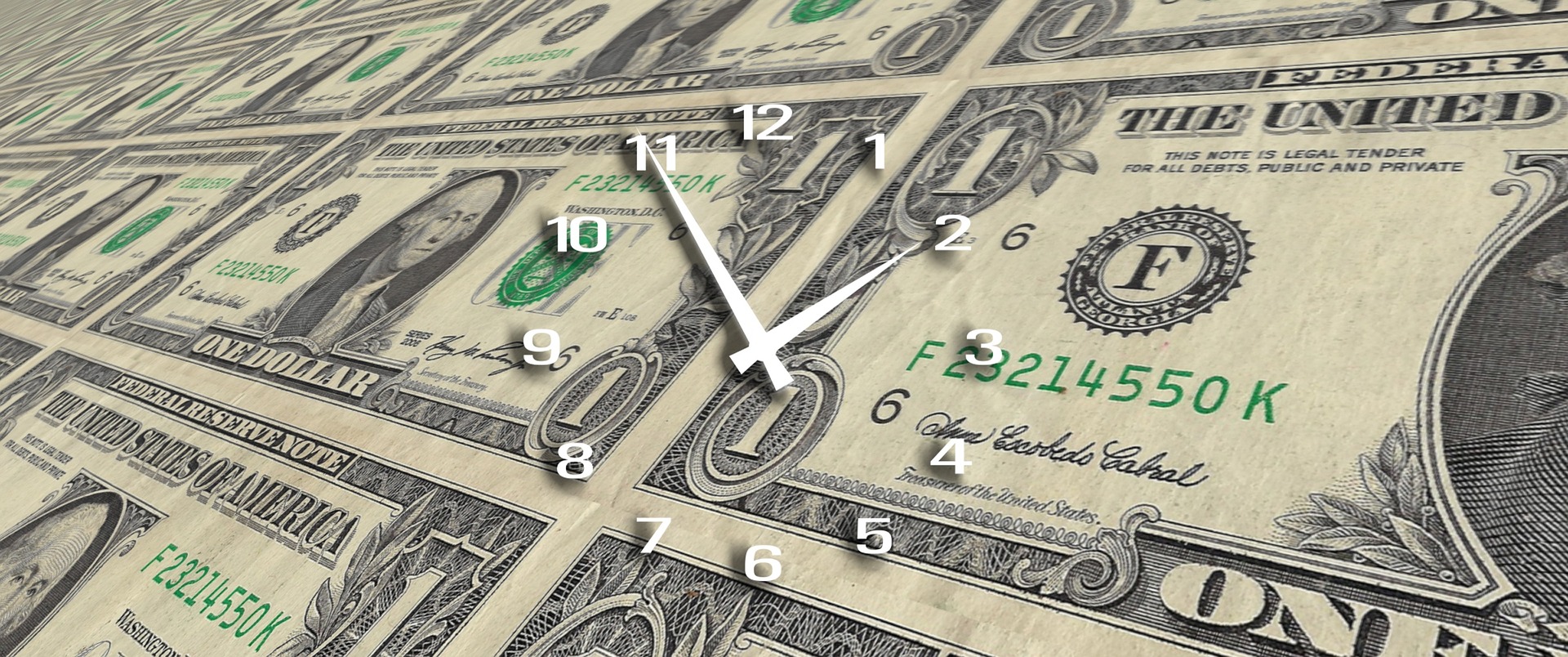In a world where the ten year Treasury note yields 0.6% it is hard to remember the time of decent fixed income yields. Who would have thought we’d look back at the previous decade of low interest rates and think “those were the good old days.”
Turns out, yield is as hard to come by as toilet paper in a pandemic. Collateralized mortgage obligations (CMOs) from the government agencies are, thankfully, still paying more than Treasuries, but new bonds are being issued with stated interest rates under 2%, and in some cases even under 1%.
In such a situation, it is easy to look at the stock market with longing. The bullish momentum has pushed the stock market like a snowball up a hill, growing ever bigger. At some point, the weight of the snowball will overwhelm the momentum. While the stock market looks very attractive as it hits new record highs, the higher it pushes the riskier it becomes. These are not highs built on a booming economy and nationwide prosperity. Indeed, part of the rally is being driven by the low yields in fixed income. With no incentive to buy such low yields, many bond investors are turning to other assets, as pointed out in this Market Watch article.
We are also seeing the effect of commission-free trading, bored stay-at-home workers, and easy investing apps like Robinhood, where plenty of younger adults are defying normal investing logic.
For the conservative investor there is still not enough motivation to risk diving into equities. Just a few weeks ago, CNBC reported that only 7% of wealthy investors intended to move out of cash into new positions.
Refinancing has sent a flood of cash into many accounts. Though yield is hard to find, it does exist, but reinvesting is slow as we hunt it down. Cash, though, is not a bad place to be in this unprecedented (2020’s theme word) time.
This information is not intended to be used as the only basis for investment decisions, nor should it be construed as advice designed to meet your particular needs. You are advised to seek the advice of your financial adviser, legal or tax professional, prior to making any investment decision based on any specific information contained herein. Copyright Cooper Capital, Inc. 2020





